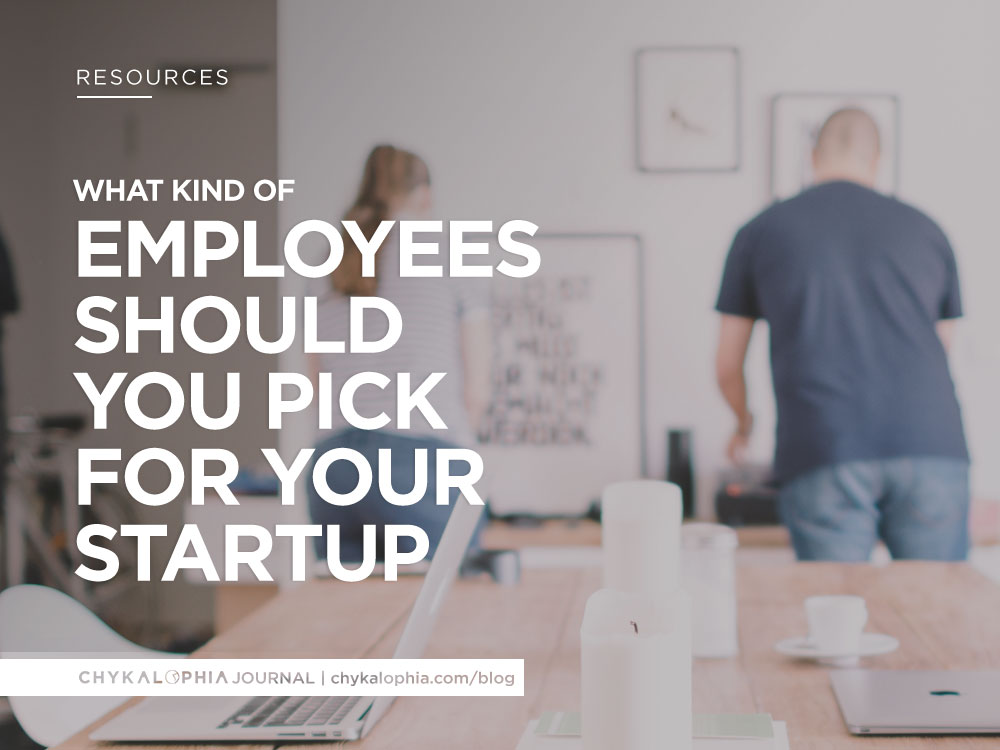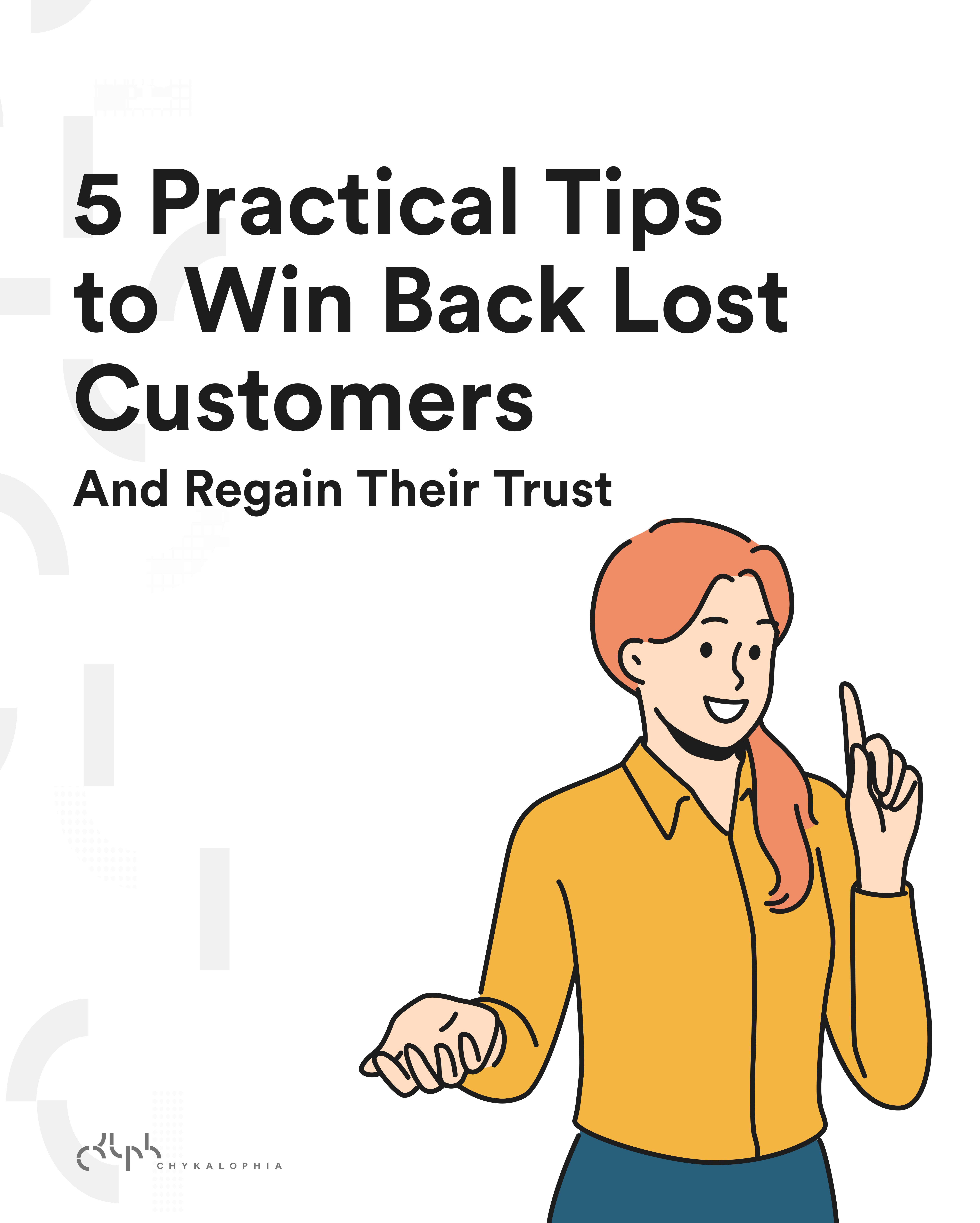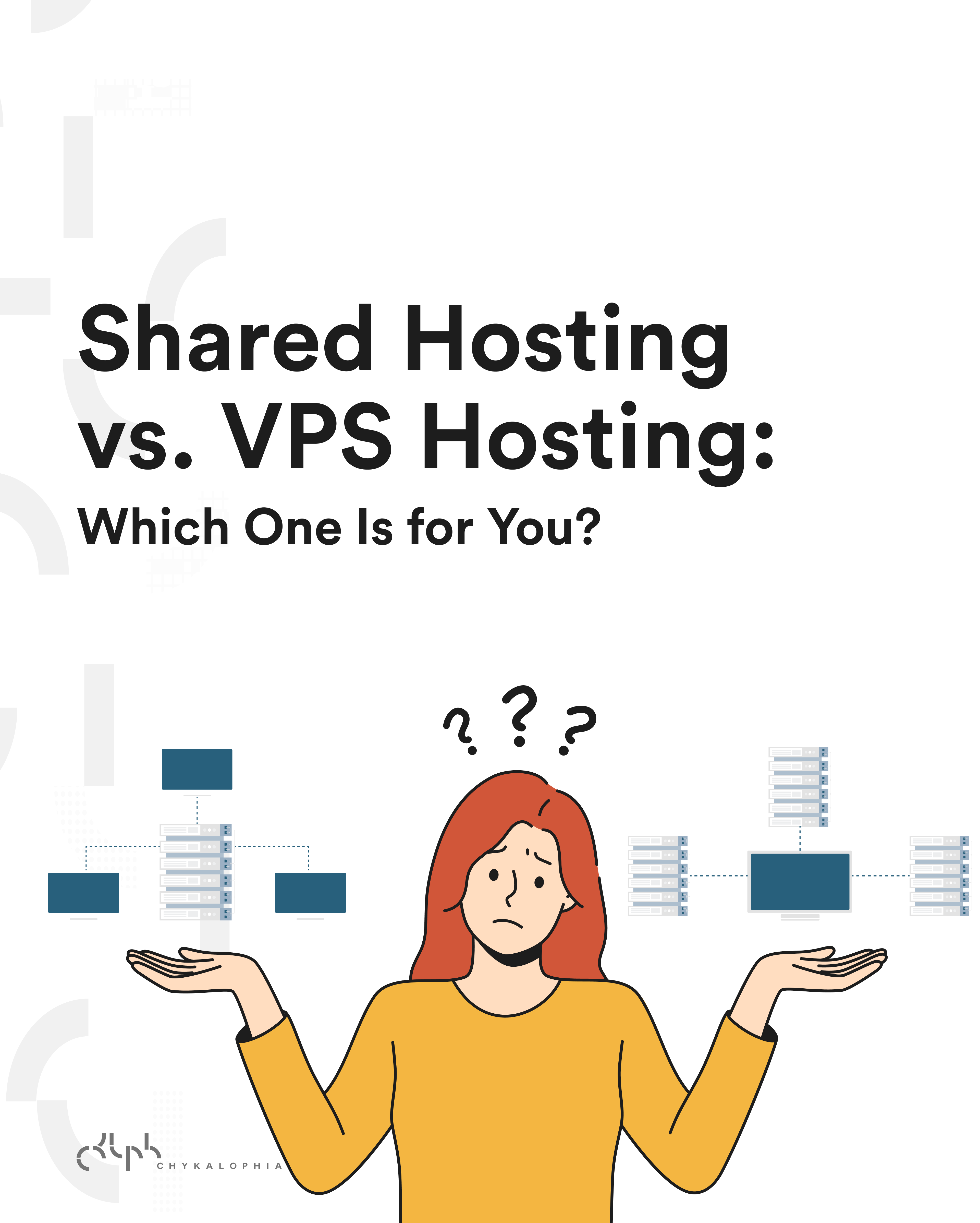Most startups start-off with a small team of people, maybe 3-4 at the maximum and probably grow into 10-15 employees later on.
In a startup’s workforce, being as small as it is, each person will have a significant impact on the entire team. Their habits, thoughts, ethics, ideas, etc. can have a huge effect on the team and by extension, the startup and it’s culture.
Picking the right people is important for any organization, but it is more so for startups. That’s why you should be super picky when selecting your employees.
Here are some qualities you should look for in them:
1. The tough one
An organization needs people who are mentally tough. At a startup, the work is never smooth, preset, and defined.
We have to adapt to the failures, setbacks and any other disappointing situations we may face, and get back up like nothing happened.
For example, an employee may have worked on a particular code for a week and then the CTO says that it doesn’t look like a good idea and that we should discontinue it. The employee must be able to take it well and handle the rejection emotionally and mentally.
Here’s what you need to understand – we should pick people who are unafraid of facing rejection and failure, and those who can embrace the lessons brought by such experiences.
Let’s take an example from my startup Hiver – while evaluating sales performance, we keep track of the number of rejections each salesperson faces, and the follow-up calls they made after the rejections. We keep a close eye on how they handle failures, and if we see satisfactory performance despite an initial rejection, we move them up the ladder to face the A-list clients.
2. The curious one
Without curiosity, how can anyone find the best possible solutions to a problem? Without curiosity, how can anyone begin to learn anything?
At startups, we need people who wonder what went wrong with that botched deal, or why we do something the way we do? Or why that particular lead didn’t convert? Innovation is the core principle of any startup, and I don’t think innovation can happen without curiosity.
As the thought leader on most of our projects here at Chykalophia, Peter Krzyzek is categorized on this type. He often looks for alternative options to offer, new ideas to try, and find new paths to take.
So, the next time when you interview a candidate, observe if they are asking questions about you and your company in the interview; check to see if they have tried new things in and outside of their career.
3. The funny one
A sense of humor is definitely not an essential quality, but it can be a real help in tough situations.
An investor just rejected you, your new marketing idea is a total flop, a major client just left you – whatever the problem, if you have a person who can lighten up the emotional toll of these problems with his/her humor, it gets much easy to take the hit.
Here’s why I think humor is important at workplace:
- It is easier to network and build relations with people.
- It increases creativity.
- It creates a fun and happy work environment.
- It is a stress-buster and a tension breaker.
4. The social butterfly
The networker. The social butterfly. The complete extrovert. Again, it is not a necessary quality, but a great one to have. If a potential candidate doesn’t have very good networking skills, then chances are they wouldn’t flourish as much when working in a team.
At a startup, keeping the culture intact is important; all your employees must be able to gel well with other employees and new clients and this is necessary to keep the culture intact. In fact, many times, people who are good networkers bring in leads from outside and unlikely sources to you. They will know how to build and maintain relationships too.
Take our Creative Director, Ari Krzyzek for example. She will try to fit few networking and social events within her work schedule to build more professional relationships with fellow creative in the industry or even developing new relationship with other working professionals.
5. The driven one
You need people who are driven – driven not just for themselves but for the startup too.
For example, your salesforce should not wait for you to prepare a list of prospects and mechanically call them one after another and read out of a written script in phone conversations.
You need people who are super eager to land an impossible client and convert an impossible sale.
You need people who are up for a challenge and want to do more than a defined job role.
The good news is – drive is something which can easily be spotted in a person. For example, ask them about their previous job experience in the interview – are their eyes bright and excited when they are telling you about the different tasks they did and the new things they learnt, or are they just reciting the standard definition of a perfect job? Go figure.
6. The emotionally intelligent one
I would definitely discourage a startup from hiring a person with low emotional intelligence. You need people to be a part of your startup family and people who make rude comments, have angry outbursts etc are not a good idea.
A study by Pearson and Porath of thousands of employees and managers about low emotional intelligence behavior at work, gave the following results.
- 63% wasted time avoiding the low EQ offender
- Two-thirds of employees said their performance declined
These are some stats which substantiate the point that low EQ disrupts the work environment.
Especially in startups with a volatile environment like a time-bomb ticking, is not a good idea.
I would suggest making sure to look into the emotional intelligence of a person before inviting them into your startup family.
7. The scared one
You need people who will hold themselves accountable for a failure and not blame it on the circumstance, or on the other person.
Contrary to popular opinion, select people who ARE afraid of failure, of disappointing their team, of falling short of expectation, of not being able to keep their word, of being the cause for a problem, etc.
People who think like this take everything they do seriously. They tend to work carefully and not recklessly, avoid silly mistakes and pay attention to even the smallest details, because they are driven by the fear of failure. And even if they do fail, you can count on them to retrospect on their mistakes and learn their lessons from it.
“I have not failed. I’ve just found 10,000 ways that won’t work.”
– Thomas A. Edison
People are definitely a company’s greatest asset. It doesn’t make any difference whether the product is cars or cosmetics. A company is only as good as the people it keeps.
– Mary Kay Ash
Guest Author – Niraj Ranjan Rout
Niraj is the founder of Hiver (formerly GrexIt), an app the lets you share Gmail labels with other Gmail users. Niraj works on programming, customer support and sales, and also contributes to design and UI. He’s a fusion music aficionado, loves to play the guitar when he can.[/author_info] [/author]





